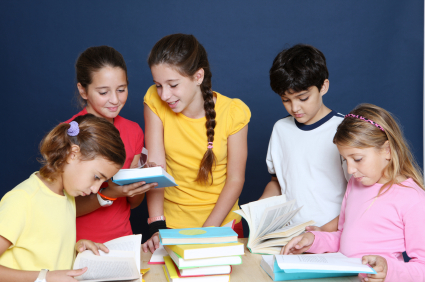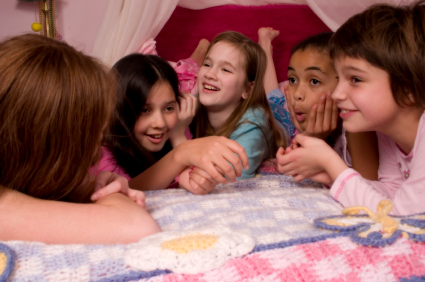Kidzmet’s Educational Product Pick of the Week (though it’s a DIY one!) When I saw this Portable Homework Station on MomItForward, I knew I wanted to share it with our Kidzmet blog, FB and Twitter readers. Turns out it originated
References We Used As We Developed Kidzmet

Genesis of Kidzmet While we started building the current version of Kidzmet in late 2010, the inspiration for the idea actually came from Jen Lilienstein’s undergraduate senior thesis in 1994. Under the direction of Dr. Francesca Cancian at UCI, Jen
Project Based Learning, Personality Type, and the 16 Habits of Mind

This article was written by Jen Lilienstein and originally published on LessonPlanet As new brain research permeates educational insights, we are becoming increasingly aware that engagement and affectivity – long key components of many pedagogical constructs – are now being
Who Are You and What Have You Done With My Child?
As a parent, have you ever felt this way about your kids? The “Jekyll” child you’re used to around the house suddenly becomes Hyde and turns the whole household dynamic on its ear for awhile. Or you sit down at
Effective Breakout Groups for Intro Lessons

“In dealing with people, when we keep their type in mind, we are respecting not only their abstract right to develop along lines of their own choosing, but also the importance of qualities they have developed by making that choice.“
Getting Ready for Back to School – Tortoise and Hare Style

article originally written for FamilyShare by Jen Lilienstein Did you know there are two different ways to get organized for back to school? It depends on whether your child is like Aesop’s fabled tortoise or hare! One is not necessarily
Why Praise Is Important

This article was written by Jen Lilienstein and originally published by KidzEdge There’s a nasty rumor making the rounds in many parenting and teaching circles that is only a half-truth. And, just like most half-truths, it has the potential to
Effective Breakout Groups for Practice Lessons

"Everybody is a genius. But if you judge a fish by its ability to climb a tree, it will live its whole life believing that it is stupid." Albert Einstein MBTI Manual, p32 Break by Multiple Intelligence FIRST Place at
Nurturing Leadership Qualities in Your Introverted Child

article originally written for KSL.com by Jen Lilienstein According to the Center for Applications of Psychological Type (CAPT), introverts represent approximately half (47-55 percent) of the U.S. population, even though “the population seems to be about 70 percent extraverted,” according
The Introverted Feeling Child

Also referred to as INFP, ISFP, IxFP, IFP, or Introverted Feeler personality. Expressive visionaries, kids with an IFP personality type often feel most at home in the arts. They love to understand what makes people tick and enjoy deep one-on-one

